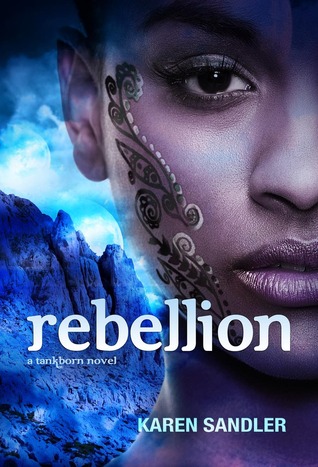In her new anthology, Women in Power: Classical Myths and Stories, from the Amazons to Cleopatra, published by Penguin Classics on September 10, Stephanie A. McCarter, professor of classics at Sewanee: The University of the South in Sewanee, Tenn., offers a timely exploration of ancient women who defied patriarchal norms. The anthology brings together a range of original source material—starting with works describing the Amazons and ending with those about Zenobia, Regent of Palmyra—with a focus on uncovering the complexities and contradictions in tales in which women wield official power, challenging the stories that have shaped our understanding of female authority.
The book comes at an intriguing time, one that is seeing women politicians seizing opportunities—and power— around the world: Kamala Harris is in a strong position to win the presidency of the U.S.; Mexico has elected its first female president, Claudia Sheinbaum; and Sahra Wagenknecht’s “left-wing conservative” party is beginning to upend German politics.
McCarter, an award-winning translator and recipient of the 2023 Harold Morton Landon Translation Prize, brings her feminist lens to these classical texts, much like she did to her Penguin Classics translation of Ovid’s Metamorphoses, which was published last year. This anthology includes numerous new translations of ancient texts, some of which McCarter completed herself, such a newly translated version of The Assemblywomen by Aristophanes. “I wanted to make sure that all the dirty jokes were dirty because they were dirty in Aristophanes,” McCarter said on a video call with PW.
“The original sources we have for the stories about ancient women—such as Cleopatra— are fundamentally hostile to the idea of women [in power],” McCarter said, arguing they were intended to support the patriarchy. “Greek and Roman writers used these stories to stoke anxieties not so much about female control but about male weakness, characterizing men ruled by women as emasculated and disempowered.” She added: “These tales thus rationalize the exclusion of women from the public sphere.”
McCarter emphasized that the misogyny in these tales is impossible to disentangle from ethnic prejudice. “For Greek and Roman writers, female power is almost always something that happens in an imagined elsewhere or in a world gone topsy-turvy,” she said. “Female rule becomes a phenomenon associated with places deemed ‘barbarian,’ such as Cleopatra’s Egypt or Boudicca’s Britain.”
The book highlights not just such household names as Cleopatra, but also lesser-known figures, such as Amanirenas, the queen of Kush. “We don’t know much about her because she was not defeated by the Romans,” McCarter explains. “She led a successful resistance against Roman expansion into the African continent.” This inclusion, per McCarter, serves as a counterpoint to more familiar narratives such as Cleopatra’s, questioning why we know so much about one and so little about the other.
McCarter said that Cleopatra remains the most famous ancient queen because she was defeated. “Our picture of Cleopatra is pure propaganda,” she said. “The Romans needed her to be a terrifying adversary capable of fierce cunning, military might, and seductive charm in order to make defeating her that much more impressive.”
Reflecting on the book’s relevance to contemporary discussions of women in power, McCarter observed, that “having a woman in power does not mean you are going to have a feminist agenda, and in some ways, a lot of these stories just take the same hierarchy you see and just switch out a female head at the top.” She stressed the importance of challenging these ancient sources: “I would love us to view these stories with huge amounts of skepticism,” she said, and encouraged readers to scrutinize why stories were told in particular ways and what purposes they served.
McCarter promised that reading the anthology—which she hopes will be used for course adoptions—would leave the reader with a more nuanced and complex view of women’s attainment and employment of power not just in antiquity, but in the modern world as well. “Women had power in the ancient world and wielded it in so many interesting ways,” McCarter said.
